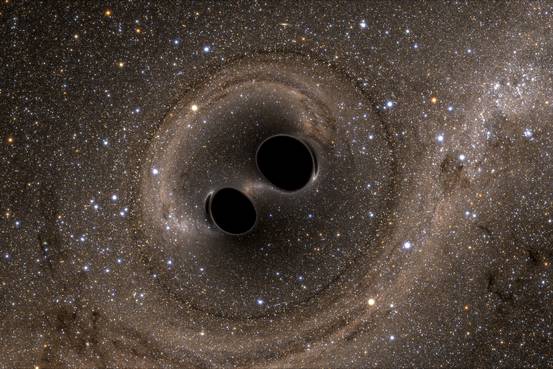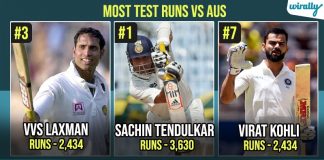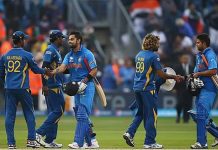Physicists have announced the discovery of gravitational waves, ripples in the fabric of space time that were first anticipated by Albert Einstein a century ago.
The discovery of gravitational waves announced Thursday has given momentum to Indian scientists hoping to be the first outside of the U.S. to host the device that detected the signals from the collision of two black holes.

Indian scientists contributed significantly to the decades long hunt for evidence of gravitational waves and in identifying that they were produced by the cosmic clash of black holes a billion light- years ago.
Around 30 Indians were part of a 1,000-strong team of researchers from 15 countries led by scientists at the California Institute of Technology and the Massachusetts Institute of Technology, that made the discovery using detectors at the Laser Interferometer Gravitational-Wave Observatory, or LIGO.
“We have detected gravitational waves. We did it,” said David Reitze, executive director of the Laser Interferometer Gravitational-Wave Observatory (Ligo), at a press conference in Washington.
Prime Minister Narendra Modi also lauded Indian scientists for their contribution to the discovery.
Historic detection of gravitational waves opens up new frontier for understanding of universe!
— Narendra Modi (@narendramodi) February 11, 2016
Immensely proud that Indian scientists played an important role in this challenging quest.
— Narendra Modi (@narendramodi) February 11, 2016
Hope to move forward to make even bigger contribution with an advanced gravitational wave detector in the country.
— Narendra Modi (@narendramodi) February 11, 2016
There are other gravitational-wave detectors outside the U.S., but they are tuned to different frequencies.


















